After a hiatus last year, it is time for a list of classical CDs that were outstanding this year. This is the ionarts list of the Best Classical Recordings of the Year:
Preamble
I’ve been doing some form of “Best of the Year” list since 2004. 2019 was the first time I slipped. Here’s my attempt at redemption. Granted, my overview of new releases is no longer quite what it was in the days I worked at Tower Records. But the idea of a “Best of the Year” list, if one clings too literally to the idea of “Best” is daft even under the most ideal of situations. It’s of course just short for: “These are a few of the things that I liked” and used, as I’ve been fond of writing in past iterations of this list, because “10 CDs that, all caveats duly noted, I consider to have been outstanding this year” just doesn’t roll off the tongue as easily. Because I skipped 2019, I will include some releases from that year on this list. If you are looking for past lists, here they are:
2004 | 2005 | 2006 | 2007 | 2008 | 2008—"Almost" | 2009 | 2009—"Almost" | 2010 | 2010—"Almost" | 2011 | 2011—"Almost" | 2012 | 2013 | 2014 | 2015 | 2016 | 2017 | 2018
Pick # 10
L.v.Beethoven, Symphonies 1-9, Adam Fischer, Danish Chamber Orchestra, Naxos 8.505251
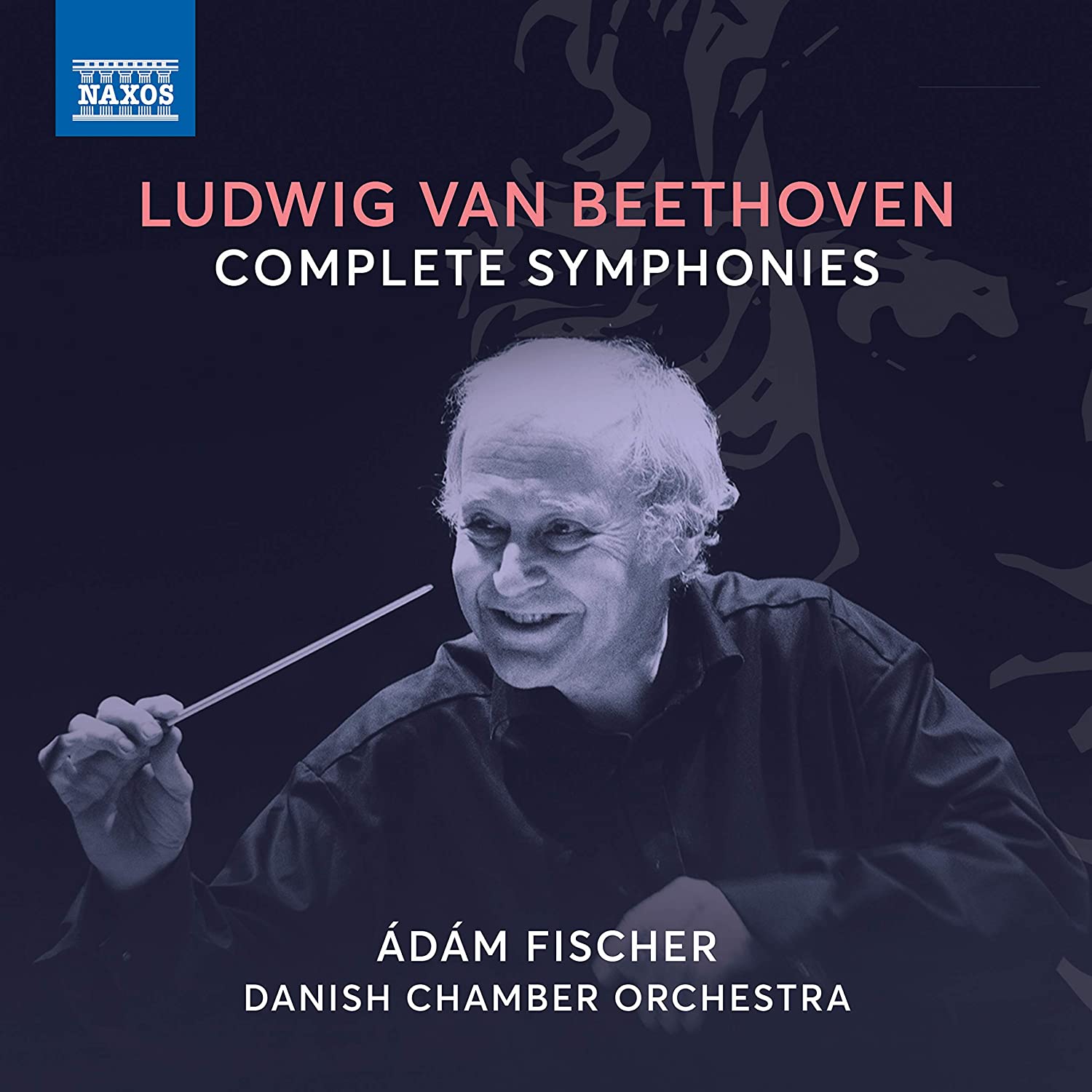 L.v.Beethoven, The Symphonies Adam Fischer, Danish Chamber Orchestra, Naxos |
Pick # 9
R.Schumann, Rare Choral Works, Aapo Hakkinen, Helsinki Baroque Orchestra, Carolyn Sampson et al., Ondine 1312
 R.Schumann, Rare Choral Works, Aapo Hakkinen, Helsinki Baroque Orchestra, Carolyn Sampson et al., Ondine |
Pick # 8
J.S.Bach, Christmas Oratorio , Rudolf Lutz, soloists, Bach Stiftung Orchestra & Chorus, Bach Stiftung B664
 J.S.Bach, Christmas Oratorio, Rudolf Lutz, soloists, Bach Stiftung Orchestra & Chorus, Bach Stiftung |
Pick # 7
Hans Zender, Winterreise Re-Composed, Ensemble Modern, Blochwitz, Ensemble Modern 043/44
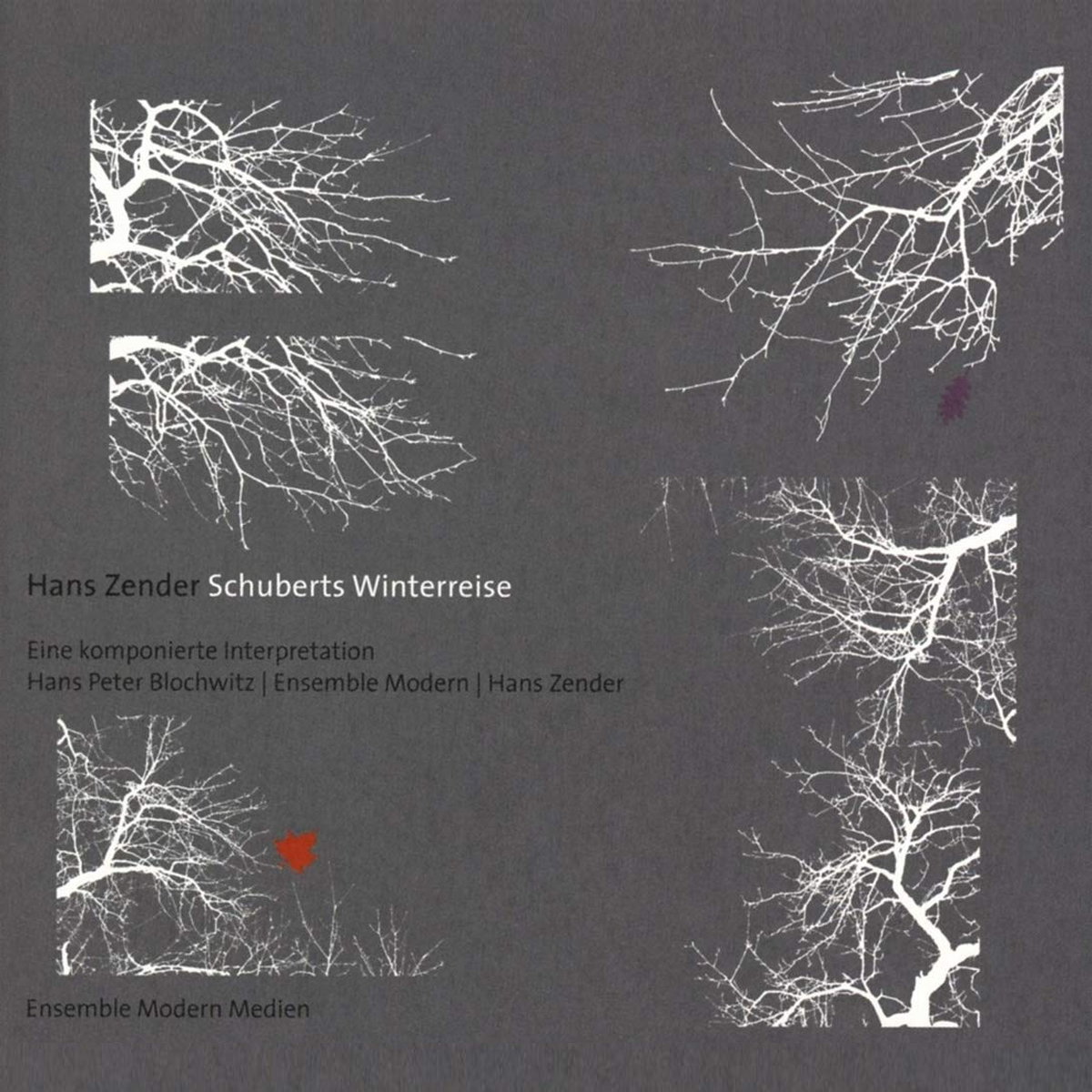 H.Zender, Winterreise Re-Composed, Ensemble Modern, Blochwitz Ensemble Modern |
Pick # 6
Richard Strauss, Enoch Arden, Bruno Ganz, Kirill Gerstein, Myrios MYR025
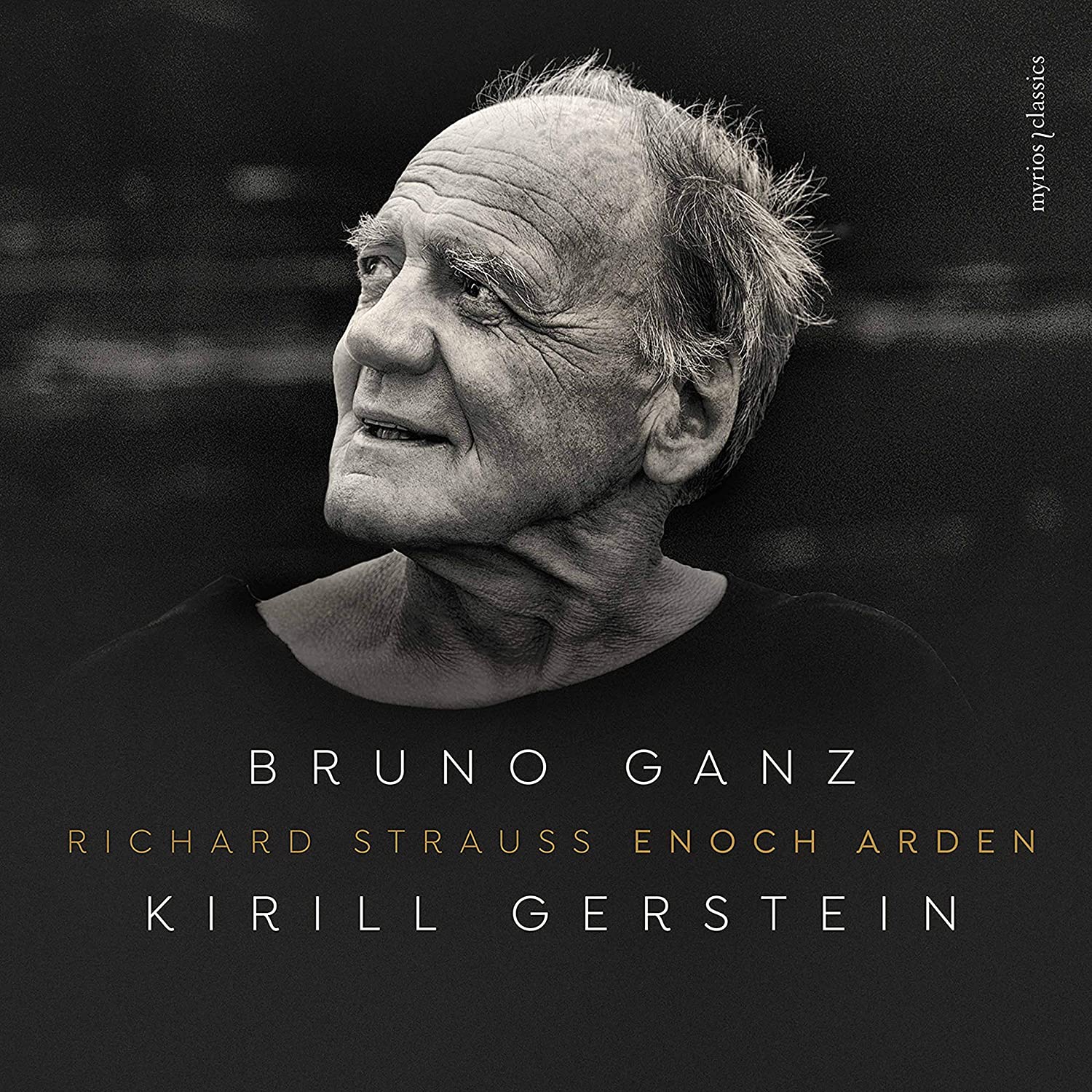 Richard Strauss, Enoch Arden, Bruno Ganz, Kirill Gerstein Myros |
Pick # 5
Ossesso, Ratas del Viejo Mundo, Floris De Rycker, Ramée RAM1808
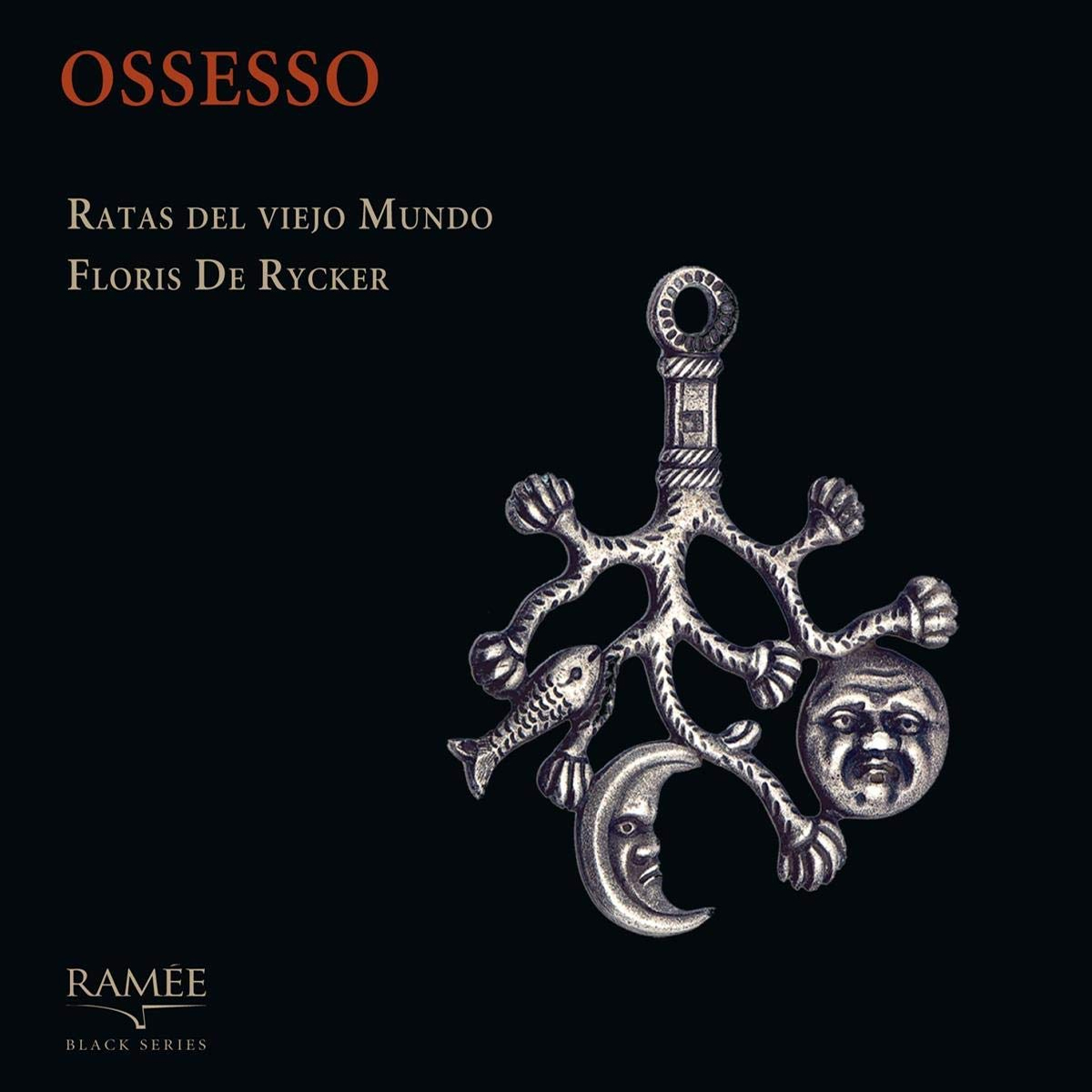 Ossesso, Ratas del Viejo Mundo, Floris De Rycker, Ramée |
Pick # 4
J.S.Bach, Keyboard Works and Transcriptions, Víkingur Ólafsson, DG 4835022
 J.S.Bach, A Recital, Víkingur Ólafsson, DG |
Pick # 3
L.v.Beethoven et al., Works for Mandolin, Julien Martinean, Vanessa Benelli Mosell et al., Naïve 7083
 L.v.Beethoven et al., Works for Mandolin, Julien Martinean, Vanessa Benelli Mosell et al., Naïve |
Pick # 2
H.G.Stölzel, Ein Lämmlein geht und trägt die Schuld (Passion oratorio 1731), Purcell Choir, Orfeo Orchestra, Glossa 924006
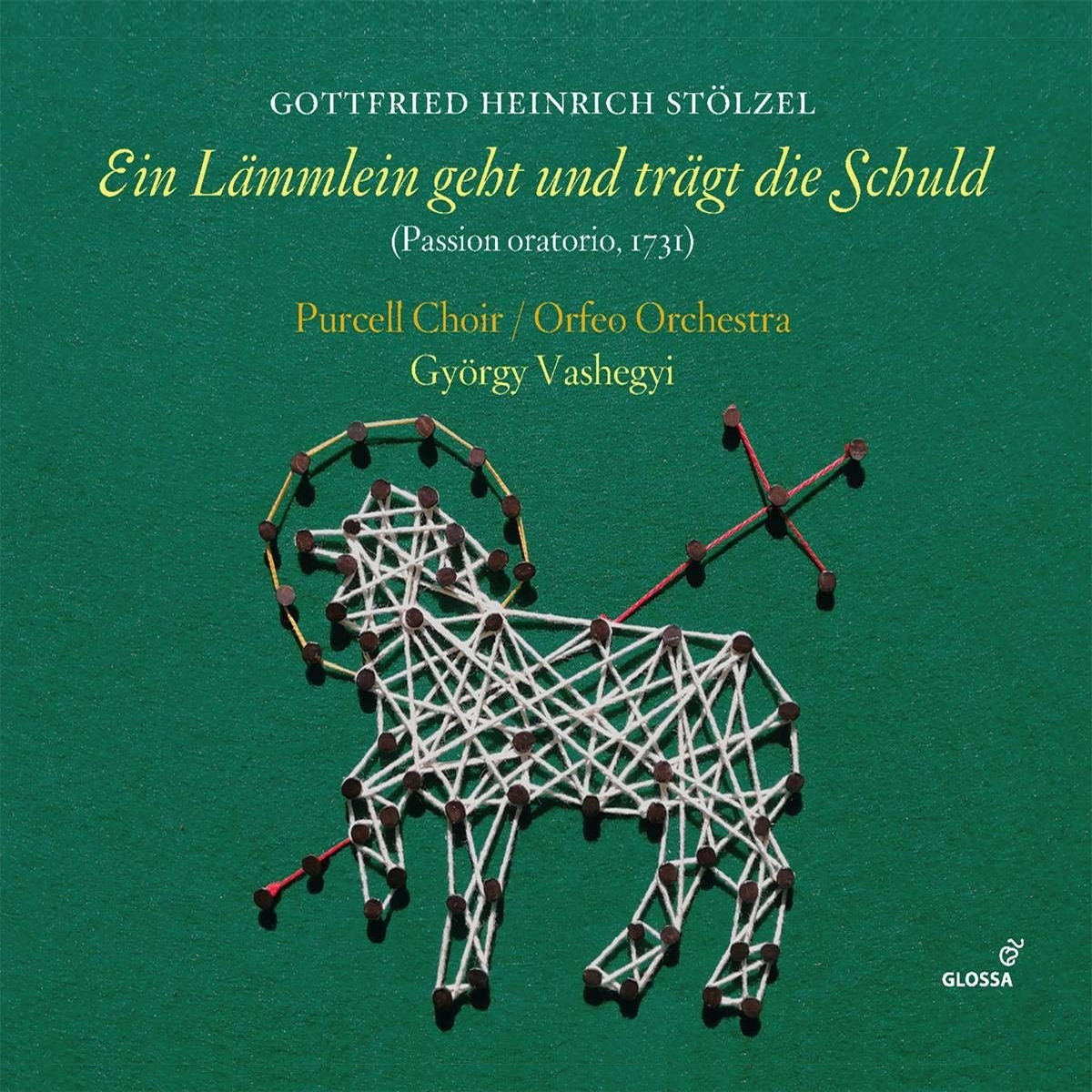 H.G.Stölzel, Passion oratorio, Purcell Choir, Orfeo Orchestra, Glossa |
Pick # 1
Antonio Vivaldi, Il Tamerlano, Accademia Bizantina, Ottavio Dantone, naïve 7080
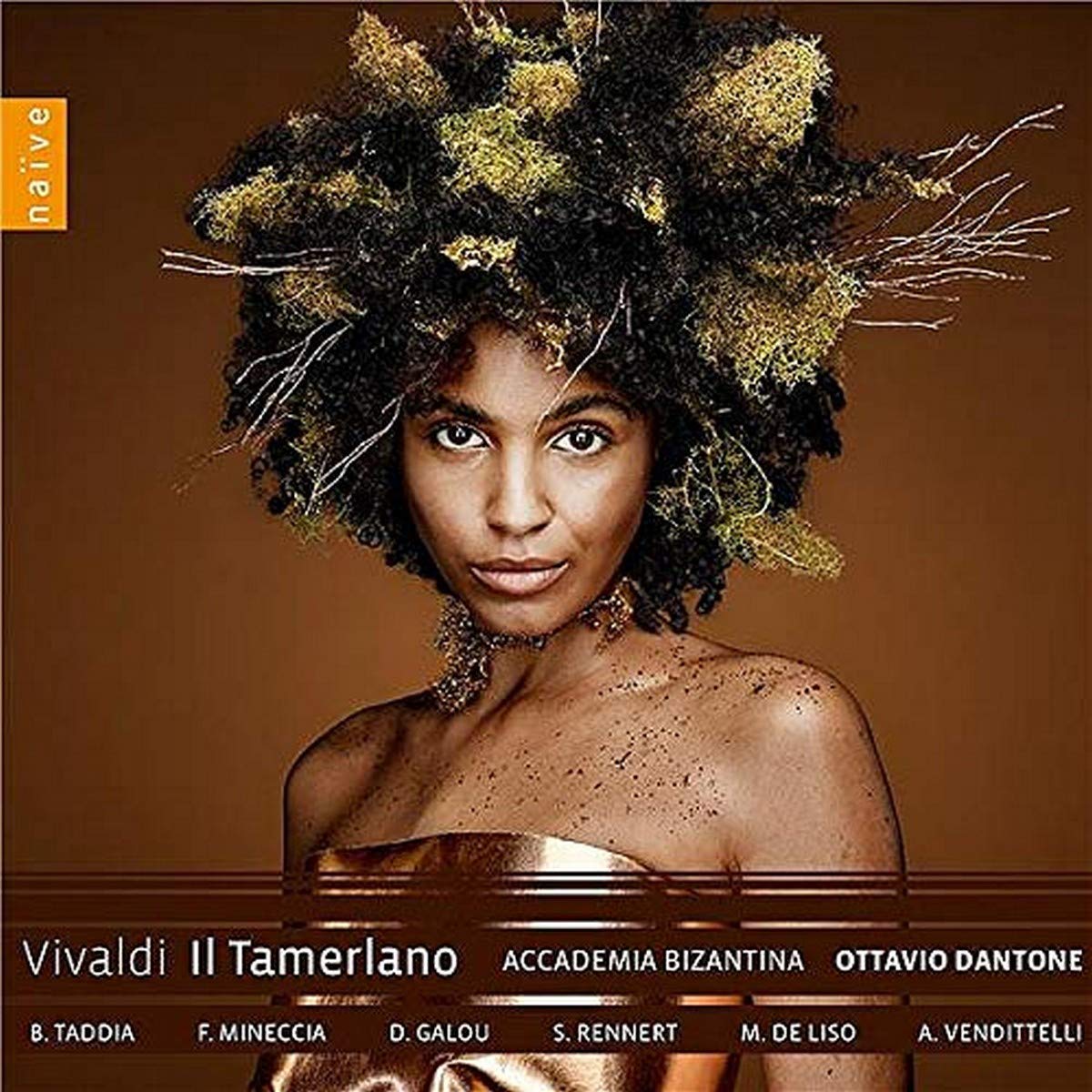 Antonio Vivaldi, Il Tamerlano, Accademia Bizantina, Ottavio Dantone, naïve |
OK, let’s cheat. Or make up for the lost year of 2019. I simply have to mention a few more recordings, now that I’ve started. Here they are:


















